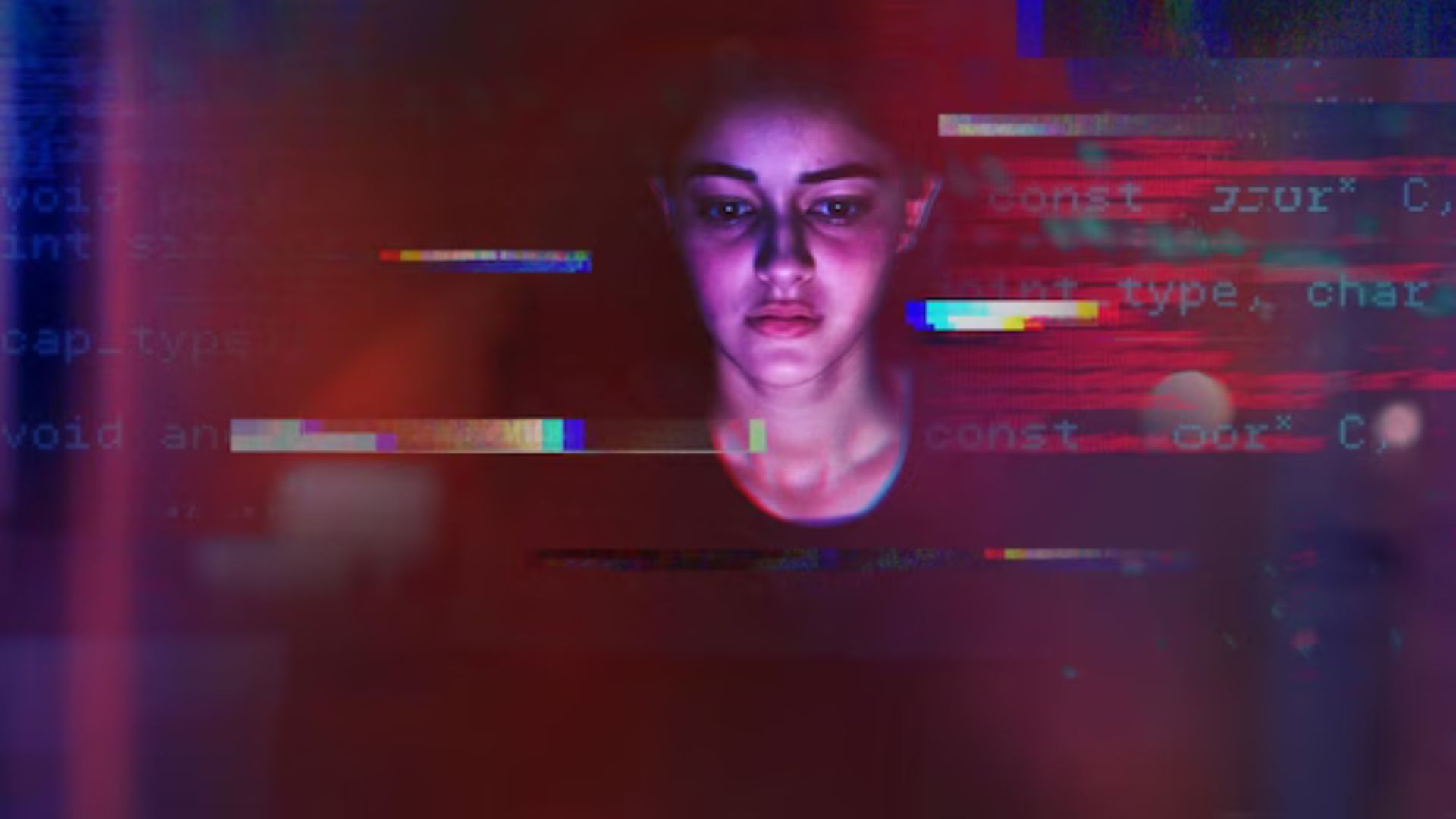
The Indian entertainment industry is undergoing significant transformation. While cinemas continue to draw crowds with their larger-than-life action sequences, glamour, and visual extravagance, online streaming platforms are quietly reshaping the way stories are told. Platforms like Netflix, Amazon Prime, Disney+ Hotstar and Jio Cinema have gained acclaim for delivering Indian content—movies, series, and short films—that captivate audiences with thought-provoking themes, intricate narratives, and impactful messages.
This contrast between what succeeds in theatres and what resonates online reveals a fascinating trend. Indian audiences, when given access to meaningful stories in the comfort of their homes, demonstrate an increasing appreciation for quality cinema. However, at the box office, spectacle and grandeur still dominate, reflecting a collective affinity for visually extravagant experiences.
‘CTRL’: Reflecting the AI Age
One standout in this streaming revolution is the Netflix film CTRL, directed by Vikramaditya Motwane starring Ananya Panday. The movie examines the pervasive influence of Artificial Intelligence (AI) and the growing risks to personal data privacy in a rapidly digitizing world.
CTRL envisions a future deeply entangled with AI, exploring both its transformative potential and its darker consequences. The film highlights alarming realities, such as the commodification of personal data often including sensitive information like addresses, contact numbers, and bank details that can be purchased for shockingly low prices. This reflects the ongoing fragility of data security in India.
Despite judicial milestones like the Aadhaar judgment and the K.S. Puttaswamy v. Union of India case affirming the constitutional right to privacy, as well as the enactment of the Digital Personal Data Protection (DPDP) Act 2023, privacy violations remain widespread. CTRL emphasizes how the intersection of AI and data exploitation could amplify these issues, presenting plausible yet deeply unsettling scenarios.
Deepfakes: A Disturbing Reality
A particularly harrowing aspect of CTRL is its depiction of deepfakes, a technology powered by AI that creates convincingly fake media. The film underscores the dangers faced by individuals, especially women, in a world where their faces can be maliciously superimposed onto explicit content.
This portrayal is not merely speculative; it mirrors a distressing reality where technology is misused to violate dignity and safety. Women falling victim to such acts face emotional, psychological, and social repercussions. By shedding light on this crisis, CTRL pushes for urgent discussions around the ethical boundaries of AI and the need for stringent measures to prevent such abuse.
Addressing AI through Legal and Ethical Frameworks
The rapid development of AI presents a dual-edged sword. On the one hand, it holds immense promise for innovation; on the other, it poses serious risks if left unchecked. This raises a pressing question: is India’s legal framework prepared to address these challenges?
While the DPDP Act 2023 marks progress in safeguarding digital privacy, it does not fully address the unique complexities of AI-related issues. Comprehensive legislation is needed to cover areas such as accountability for AI-driven actions, ownership of AI-generated content, and penalties for misuse. Countries like Canada, USA and European nations have already brought changes under their data privacy regulations in reference to AI.
The ethical development of AI is a key message conveyed in CTRL. The film’s exploration of AI’s potential harm serves as a reminder that technology must prioritize human welfare. Establishing clear, enforceable guidelines is essential to prevent AI from being weaponized against society.
Navigating the Future of AI
AI’s integration into our lives is inevitable, but its impact depends on the choices we make now. As individuals, we must exercise caution in sharing personal data. As a society, there is a need to demand accountability from corporations and governments. For India, fostering digital literacy and awareness around data security will be critical to ensuring that technology remains a force for progress rather than a source of peril. Films like CTRL play a crucial role in driving awareness of these pressing issues. By merging entertainment with social commentary, they not only engage audiences but also encourage introspection and action. As we chart our path through an AI-driven future, let us strive to ensure that innovation works for humanity’s betterment rather than against it.
The author is Assistant Professor at HLM Group of Institutions, Ghaziabad.















